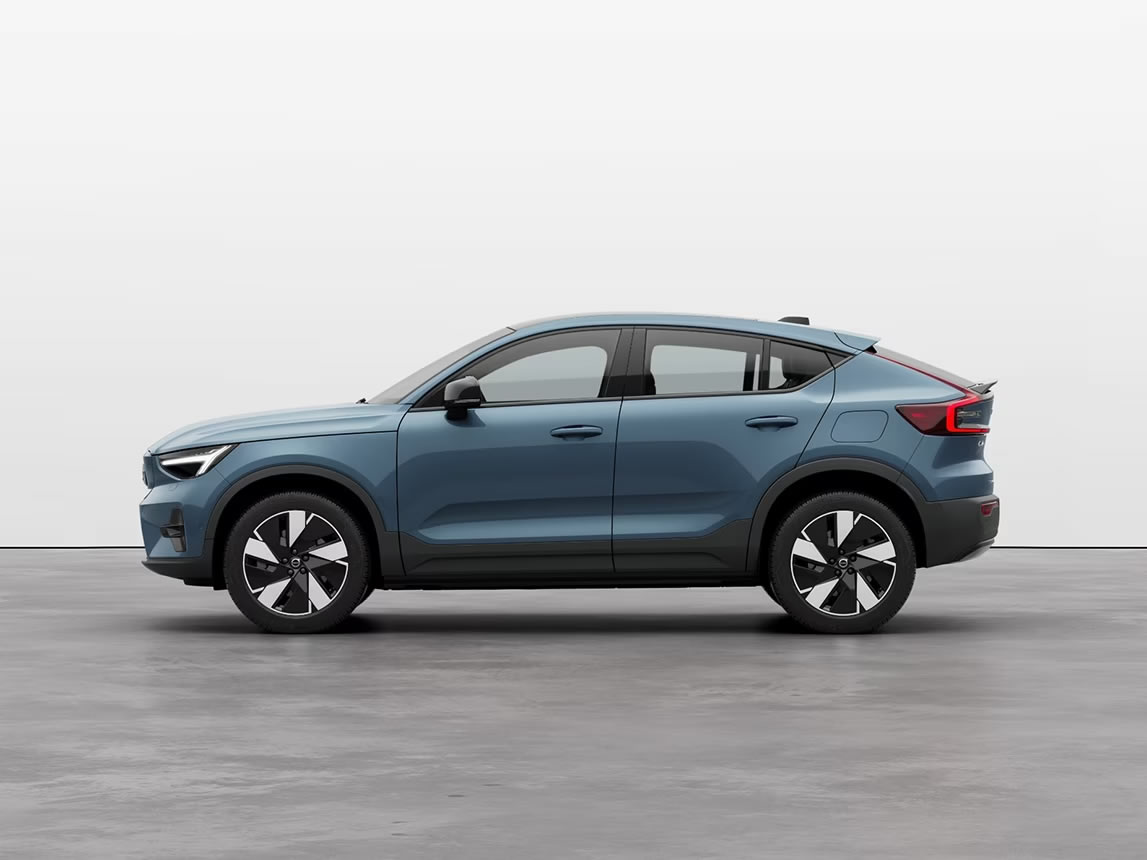How To Get Cheap Cars For Seniors?
Purchasing a vehicle can be a significant financial decision, especially for seniors who often live on a fixed income. Finding a car that meets their needs without straining their budget requires careful planning and understanding of the automotive market. This guide will walk through several strategies to help seniors obtain vehicles while considering important factors such as reliability, accessibility, and safety.

Understanding the Market for Economical Cars
The price of a new car averages around $40,000, according to the latest industry reports, with used vehicles averaging around $25,000. For many seniors, these prices can be prohibitive. It’s important to consider not only the purchase price but also ongoing costs such as maintenance, insurance, and fuel efficiency.
Timing Your Purchase
Timing can play a critical role in obtaining a vehicle at a reduced cost. Here are some timing tips:
- End of the Month or Quarter: Dealerships often have quotas to meet and may offer better deals to make a sale as a month or quarter ends.
- Model Year Changeover: When dealerships are ready to bring in next year’s models, they are often willing to lower prices on the current year’s models to clear out inventory.
- Holiday Sales: Certain holidays like Presidents’ Day, Memorial Day, and Black Friday are known for big sales events at car dealerships.
Options for Purchasing a Vehicle
- Certified Pre-Owned (CPO) Vehicles: CPO vehicles are used cars that have been inspected, refurbished, and certified by a manufacturer or other certifying authority. They often come with an extended warranty beyond the original factory warranty and can be a reliable yet more economical option than buying new.
- Leasing: Leasing a car can be more budget-friendly in terms of monthly payments. It also allows seniors to transition to newer models every few years. However, it’s important to consider mileage limits and lease terms to avoid potential end-of-lease fees.
- Buying Used: Purchasing a used car from a dealership, private seller, or an auction can significantly lower initial costs. It’s vital to have the vehicle inspected by a trusted mechanic before purchase to ensure there are no costly hidden problems.
Where to Look for Economical Cars
Online Marketplaces: Websites like AutoTrader, Cars.com, and eBay Motors provide platforms where seniors can search for and compare vehicles based on their budget and preferences.
- Local Dealerships: Visiting local dealerships can offer the opportunity to test drive various models and negotiate prices directly.
- Government and Bank Auctions: Occasionally, government and banks auction off repossessed or formerly used vehicles at lower prices. These auctions are typically advertised in advance and can be a source for economical purchases.
Important Considerations for Seniors
- Vehicle Accessibility: Features like easy entry and exit, higher seats, and simple dashboard controls should be considered.
- Safety Features: Vehicles with advanced safety features such as automatic emergency braking, blind-spot monitoring, and adaptive headlights can be crucial for senior drivers.
- Reliability: Researching vehicle reliability through sources such as Consumer Reports or J.D. Power can prevent future expensive repairs.
Financial Assistance and Resources - Senior Discounts: Some automakers and dealerships offer discounts or rebates specifically for seniors.
- Financing: Shopping around for auto loans with lower interest rates or favorable terms can reduce the overall cost. Credit unions often offer competitive rates.
- Insurance: Seniors can look for insurance companies that offer discounts for older adults or for those who drive infrequently.
Conclusion
While obtaining an economically priced car requires some research and effort, it is entirely feasible with the right approach. Seniors should focus on the total cost of ownership, not just the sticker price, and consider all options from new to used cars, including CPO vehicles and leasing. By leveraging timing, understanding available resources, and prioritizing essential features, seniors can successfully navigate the car buying process and obtain a vehicle that suits both their needs and their budget. This strategic approach can ensure that seniors remain mobile and independent, without overburdening their finances.







Recent Comments